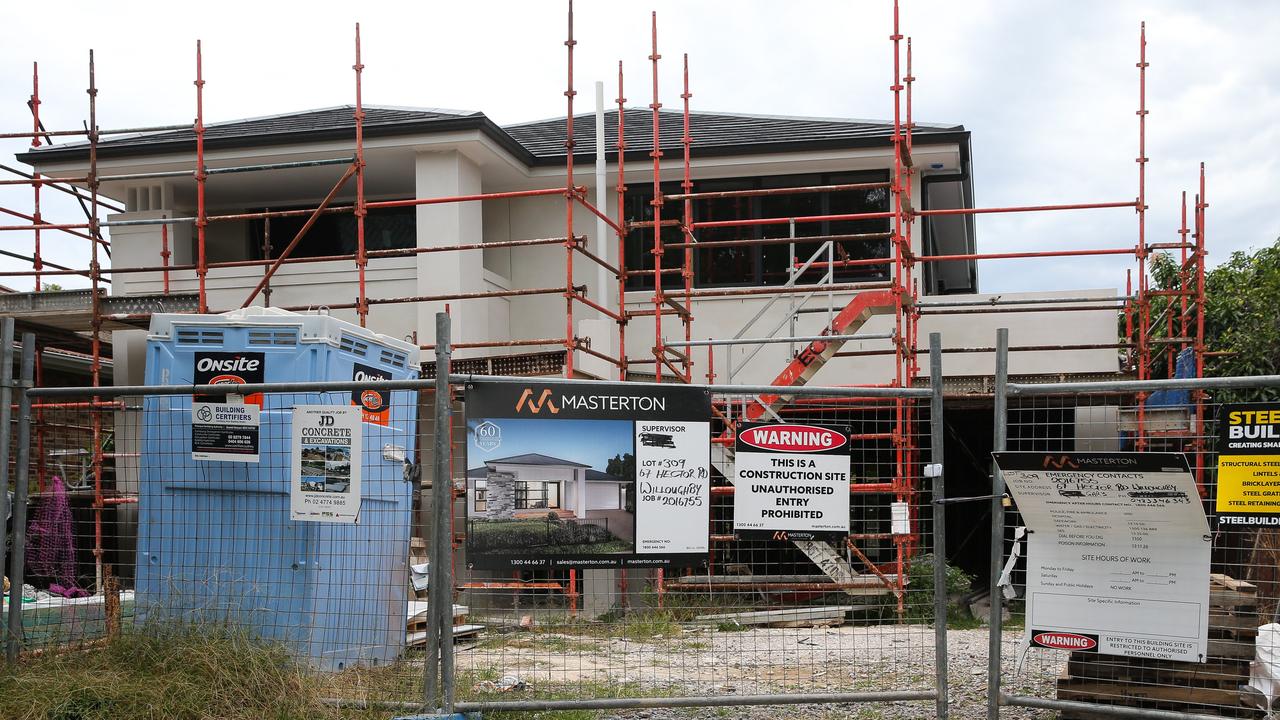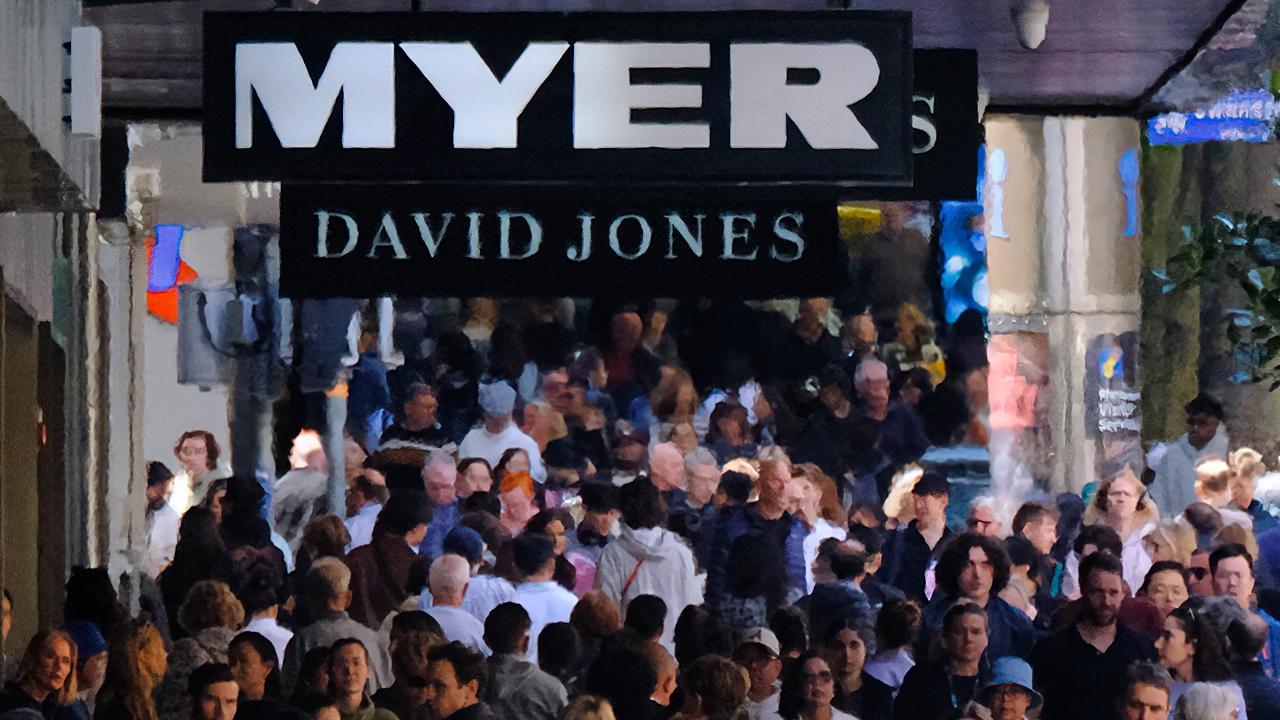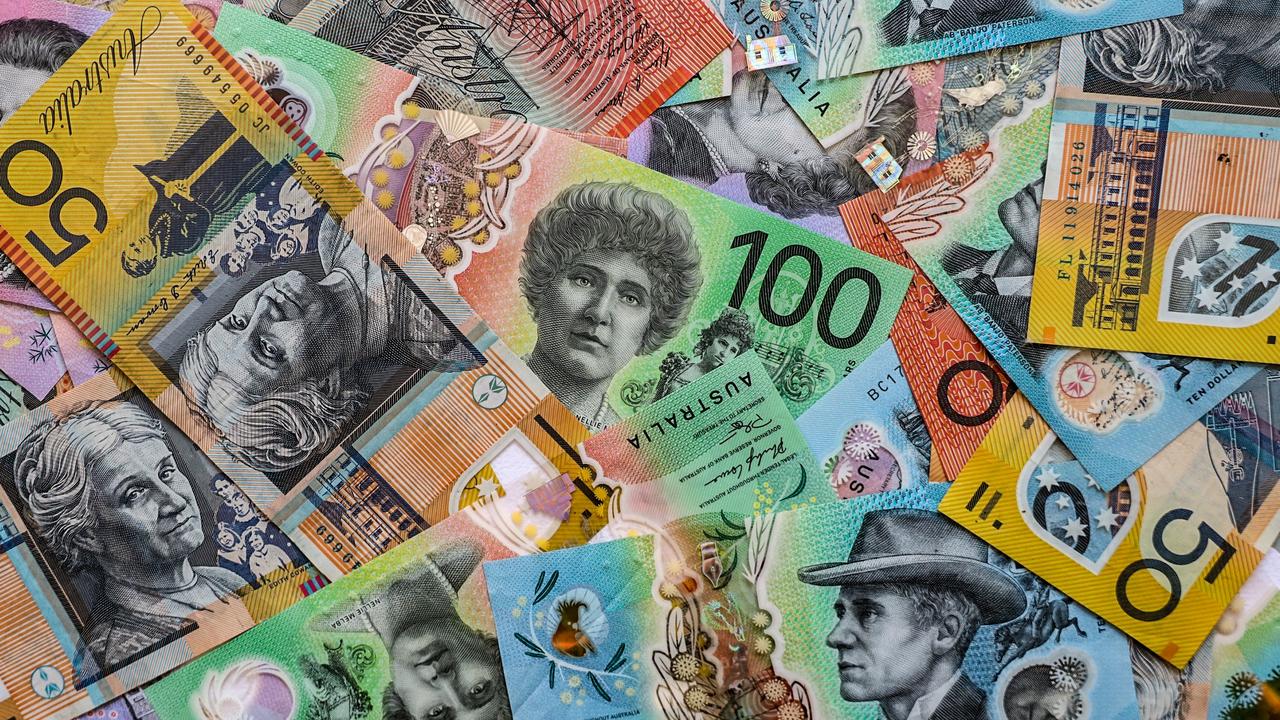RBA lifts inflation forecasts
THE RBA has raised its forecasts for inflation for this year but believes prices pressures will start come off the boil by the end of 2008.
THE Reserve Bank of Australia (RBA) has raised its forecasts for inflation for this year but believes prices pressures will start come off the boil by the end of 2008, as domestic demand slows, capacity pressures ease and borrowing levels fall.
The central bank now expects an annualised underlying inflation rate of 4.25 per cent by June and 4 per cent by December before the measure falls to between 3.25 per cent and 3.50 per cent in 2009.
The consumer price index (CPI) is also expected to rise to 4.25 per cent by June and 4.5 per cent by December before declining to 3.25 per cent to 3.5 per cent next year.
The RBA said while it sees signs of slowing domestic demand, following four official interest hikes since last August, there are opposing forces at work in the economy that are creating considerable uncertainty.
But it appears reasonably confident that inflation will decline over the next 12 months and that its current monetary settings are appropriate.
"On balance, the board's assessment is that a period of below trend growth in the Australian economy is now in prospect,'' the RBA said in its quarterly statement on monetary policy released today.
"If sustained, this will mean a gradual easing in capacity pressures, which in turn can be expected to have a restraining influence on inflation over time.
"On this basis, while inflation is likely to remain high in the short term, it is forecast to start to decline towards the end of 2008, reaching a rate around 2.75 per cent at the end of the forecast period.''
In its previous statement in February, the RBA forecast underlying inflation, its preferred measure, and the CPI at around 3.50 per cent by the end of 2008.
It also projected underlying and CPI inflation to decline gradually in 2009 to around 3.25 per cent before falling to three per cent in 2010.
In the March quarter of this year, annualised underlying and CPI inflation clocked in at 4.2 per cent.
The RBA said recent economic data pointed to a moderation in domestic demand, with retail sales moderating, a sharp decline in consumer sentiment and softer conditions in the housing construction market.
Higher interest rates were weighing on demand for credit, with housing loans falling in recent months. Finance to business had also slowed noticeably.
"Hence while it is still too early to gauge the full effects of the tightening in financial conditions, the evidence to date is that a noticeable restraining impact is being exerted on household and business borrowing and on overall domestic demand,'' the RBA said.
However, Australia's terms of trade is rising on the back of the global commodities boom and stimulating the economy.
The RBA said contract price negotiations for coal and iron ore - which are expected to result in higher prices than last year - are likely to help push up the nation's terms of trade by 20 per cent this year, providing a substantial boost to national income.
The outlook for domestic economic growth and inflation therefore depended on the net impact of contrasting, and opposing, factors, including the slowdown in major world economies, financial market turmoil, tight credit markets and Australia's trade position.
"Given the opposing forces at work, their overall net effect on the demand and inflation is subject to considerable uncertainty,'' the RBA said.
But on balance, the central bank, which this week left the official cash rate unchanged at 7.25 per cent, believes its monetary policy settings are "appropriate'' for now.
Financial market economist believe there is a 50 per cent chance of another official interest rate hike this year, if domestic demand growth does not slow by as much or as fast as the central bank hopes.



